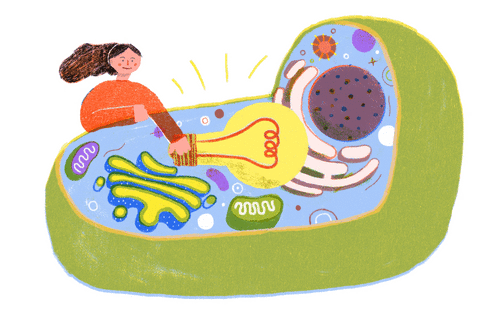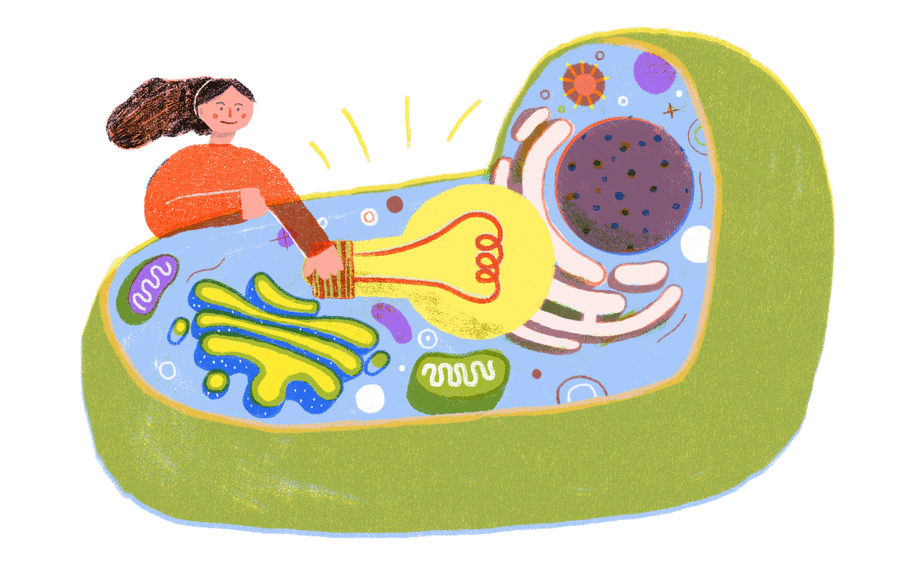The Science Behind Eureka Moments
Curated from: elemental.medium.com
Ideas, facts & insights covering these topics:
5 ideas
·1.64K reads
6
Explore the World's Best Ideas
Join today and uncover 100+ curated journeys from 50+ topics. Unlock access to our mobile app with extensive features.
The 'Eureka' moment
Eureka moments may seem unpredictable and unreplicable. But there are ways to coax these inspired ideas from their hiding places. One of the best is to take a break from thinking about a problem or dilemma.
They are linked to the story of Archimedes and the gold crown ( when he realized while taking a bath that he can use displaced water to assess the density of the king's crown and, therefore, its gold content).
84
326 reads
“When you’re completely stuck on a problem, setting it aside can lead to new ideas or even flashes of insight.”
MARK BEEMAN
105
323 reads
Mental Break
A 2019 study titled “When the Muses Strike” found that many physicists and writers had creative insights while they exercised, showered, gardened, or engaged in other predominantly physical activities which gave them a mental break.
102
365 reads
The mind needs space
...not distractions. Activities like checking email and watching TV stop our background thinking and do not let the mind wander in places that make for creative insight.
106
294 reads
Creativity and relaxation
- Creativity is closely related to play, not work, so do not have an agenda.
- Lighten up and let yourself loose, free to roam and explore.
- The mind left to itself starts to work creatively in the background at a subconscious level.
117
337 reads
IDEAS CURATED BY
Simon I.'s ideas are part of this journey:
Learn more about personaldevelopment with this collection
How to network effectively
How to read body language
How to find common ground with others
Related collections
Similar ideas
3 ideas
The science of eureka moments
nesslabs.com
3 ideas
How 'Eureka' Moments in Science Happen
nationalgeographic.com
10 ideas
Read & Learn
20x Faster
without
deepstash
with
deepstash
with
deepstash
Personalized microlearning
—
100+ Learning Journeys
—
Access to 200,000+ ideas
—
Access to the mobile app
—
Unlimited idea saving
—
—
Unlimited history
—
—
Unlimited listening to ideas
—
—
Downloading & offline access
—
—
Supercharge your mind with one idea per day
Enter your email and spend 1 minute every day to learn something new.
I agree to receive email updates



